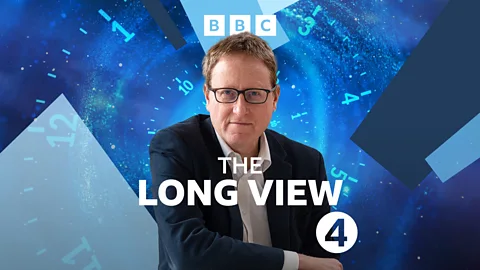
The Long View
The Long View
Plutocrats Playing Politics
September 26, 2023
28 minutes
Available for over a year
Elon Musk made his money leading and shaping the latest advances in society but now he’s dabbling in politics on the global stage – unelected and unable but with the power to hold one-to-one meetings with world leaders as he did just last week with the Israeli Prime Minister Benjamin Netanyahu who flew to California to meet the tech billionaire in person.
Two commercial figures in history also took on the roles of unofficial diplomats and international influencers - Henry Ford, a car maker like Elon Musk, and a man who used his pioneering industrial might for political ends; and Robert Clive, the C18th imperialist and privateer whose actions under the guise of the East India Company brought him influence locally and internationally on the back of the new opportunities of empire.
Historians:
Adam Smith, Professor of US Politics and Political History at University of Oxford
Chandrika Kaul, Professor of Modern History at University of St Andrews
Reader:
John Lightbody
Producer:
Mohini Patel
